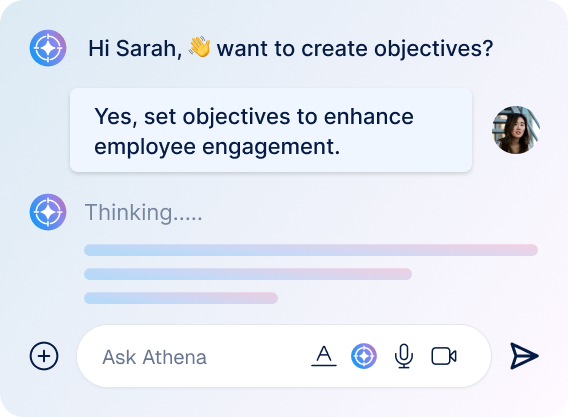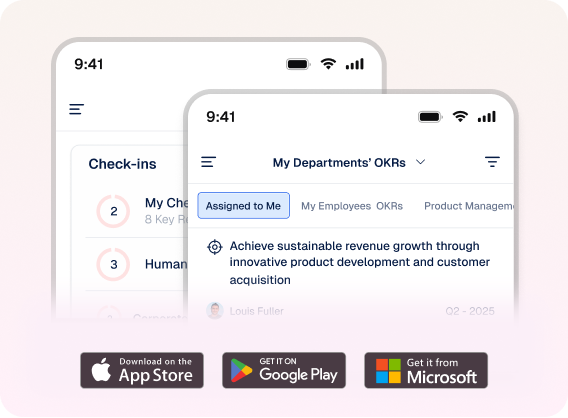Human nature has a massive impact on all businesses, whether it is apparent or not. At times, human beings make irrational economic decisions. The study of human behavior and its influence on economics is called behavioral economics. Many behavioral economic phenomena can make an appearance in your workplace– and it’s up to you to know how to recognize these affects, and how to either encourage them, or negate them.
What is reciprocity?
Reciprocity is a concept of behavioral economics that helps explain the social norm wherein people are likely to behave in the same manner with a certain individual as that person has behaved with them in the past. Similarly, in the workplace, employees are highly likely to reciprocate in the same positive manner if their managers or coworkers initiate the very same gesture.
Although usually discussed in an optimistic light, Reciprocity accounts for negative correspondence as well. That is why it is pivotal to maintain a healthy environment where positive behavior is not only acknowledged but also encouraged.
Positive reciprocity is one of the tools used by marketing professionals to get their prospects interested in their products or services.
A little reciprocity goes a long way.
Reciprocity in Action
For example, put yourself in the shoes of an employee at a company who has just caught the eye of his or her manager. The manager notices you exhibiting positive behavior toward your colleagues and, to make sure that this deed does not go unnoticed, they decide to reward you with a small gift. You not only value the gift, but also the recognition that it has brought you. For that very reason, you feel a sense of obligation toward maintaining this behavior at all times.
However, if in the same scenario your behavior goes completely unnoticed, you won’t feel any obligation to maintain this behavior, so you won’t make a habit of this behavior. This is how reciprocation functions in the workplace.
Reciprocity and the OKR Framework
With Objectives and Key Results, companies institute a culture in their business of iteration and building on past progress. While this methodology centers on goal-setting and reaching quarterly targets to progress higher-order priorities and drive success, this framework can influence all aspects of work life.
When employees exhibit behaviors that align with the attitude and culture necessary to succeed with OKRs, it’s important to reward them. Timely, weekly check-ins on OKRs as well as substantial progress to goals and contributions in weekly PPP meetings are important habits employees can develop that should be encouraged by managers.
Managers can recognize this behavior in the Profit.co software with employee awards. These are available in the Employee Engagement module of Profit.co and are a simple, yet effective way to recognize an employee’s behavior and encourage them to maintain it over the course of the quarter, and their tenure at the company.
In keeping with the dynamics of this theory, managers must understand that they must set a good example for their employees. They must try their best to initiate positive, friendly, and cooperative behavior because, after all, change begins at home.
The Principle of Reciprocity
What might seem like commonplace manners (saying thank you, giving someone a gift because they got you one, or inviting them some place because they once invited you somewhere), is actually known in business as the principle of reciprocity. This idea of “returning the favor”, or treating others how they’ve treated you in the past, is simply a social norm.
In the workplace, your employers/employees and coworkers are likely to treat you the way that you treat them. If your behavior is typically positive, their behavior usually will be too. However, this idea also goes both ways. If your behavior towards someone is less than kind, you might get a similar demeanor in return.
The “Laws” of Reciprocity in the Workplace
Reciprocity can be extremely useful in the workplace, but only if it’s genuine. Employers should take note of employees who are exhibiting the types of behavior that they would like to see catch on in their companies. By rewarding those employees, others are likely to sincerely reciprocate the same behaviors. Setting up a system that consistently incentivizes certain actions is one such way to encourage positive behaviors.
This reciprocity principle extends beyond the bounds of coworker relationships as well. It’s important to consider how reciprocity can also relate to clients. In order to build that initial trust with a client, giving them something to show that you’re invested in their business can help build their confidence in your relationship. Showing periodic appreciation for clients throughout their time with you can also help to maintain that trust and continue to develop your strong relationship. Once this sense of confidence in one another is established, clients are more likely to give back to your brand or company and your business could grow through their referrals, helping to obtain your objectives and see positive results.






